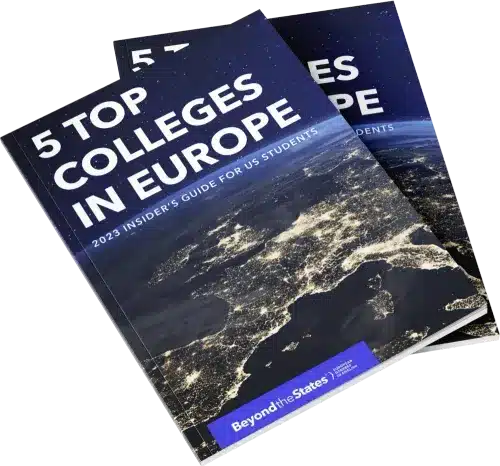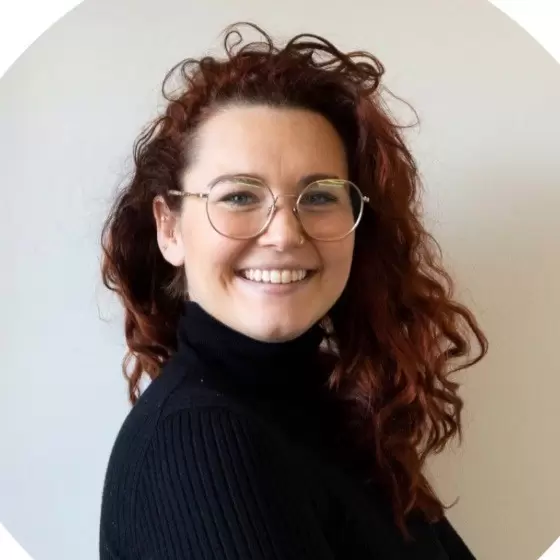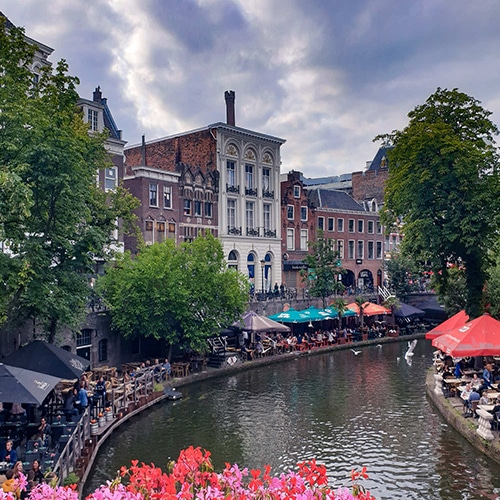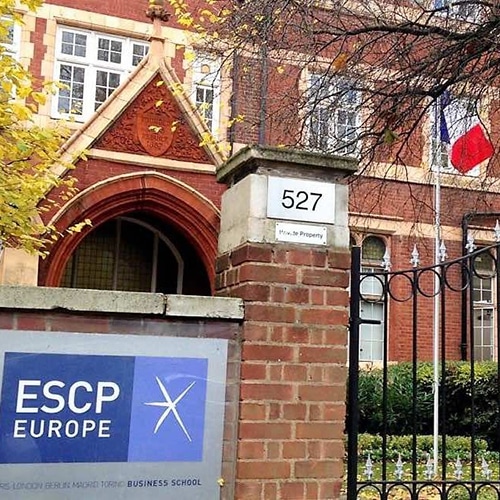How a Small Hiccup Led to a Change in Plans for Sam
We are really starting to turn a corner here in much of Europe. Curves are flattening, restrictions are gradually and methodically being lifted, and we’re even starting to think about late summer travel possibilities. Ellie’s volunteer trip to Thailand was cancelled (of course) so we’re thinking of starting some of our college trips right before high school starts for her. I loved Finland even in the winter so I imagine it will be amazing in late August/early September. Word on the street (ok, in the different higher education facebook groups…) is that universities will be starting back this fall.
Which brings me to Sam’s fall 2020 plans….
I mentioned back in the fall that Sam failed one of his midterms. We talked about where to ask for help and study strategies when he told me about it, but it was a bit too late. Not only did he fail the final, but he also failed the resit in January. Sigh. Part of the reason was that he was so far behind that digging himself out of the hole would be really hard. I also think he got himself in a mindset that prevented him from giving it his all. Sort of a “better to fail because I didn’t really try than because I can’t do it” sort of mentality.
Bottom line is that failing the class really threw him for a loop. This is a kid who got really good grades without having to try in high school. The problem with having a high school curriculum that didn’t really challenge him was that he didn’t learn good study skills, face consequences for not really trying, and-most importantly-didn’t feel the pride that accompanies working really hard academically and achieving something due to that work. The exception was French. He worked hard, won awards, and loved it. However, since high school level French was offered in middle school, he went as far as he could academically by sophomore year and the experience was not replicated in other classes.
With this academic history in mind, when Sam initially expressed being less than enthused about his curriculum, I thought it was because he was worried about Binding Study Advice (BSA). BSA is a formal policy at all Dutch universities. Though it’s easier to be accepted to Dutch universities, students have to pass a set number of courses to prove that they have what it takes. If they don’t pass that number of courses in the first year, then they can’t come back the second year. Since I thought this was the cause of his concern, I focused on what resources, skills, habits, and such he should use to succeed instead of exploring his thoughts more in depth. Consider that a parental misfire.
So next thing we know, the universities closed due to the pandemic—initially just for a couple of weeks-so he came to spend time with us in Greece. What we didn’t know was that the severity of the Covid situation would literally change overnight in much of Europe. Within a day of Sam arriving in Greece, things in various parts of the continent were starting to lock down. We decided to get to our new place in Portugal earlier than planned, with Sam joining us.
FREE INSIDER’S GUIDE

Top 5 English-Taught Colleges in Europe
Kickstart you education abroad with a powerful degree taught entirely in English, all without taking on any student loans!
Shortly after, the Dutch universities decided to complete the semester with online courses and discontinued rules around BSA for this academic year. Even students who did not earn the credits needed would be able to return next year, retaking the failed classes in subsequent years. When even after this announcement Sam continued to express dissatisfaction about his program, I realized that is was something different.
Though Sam’s extended time with us led to many headaches (for both of us…), we also had some really good talks. One night we dug into what he didn’t like about his program and brainstormed various solutions. His main concern was that his classes were completely theoretical in focus. Even history, which was a class he really enjoyed in the past, was taught from a in a way-more theoretical-that was not his cup of tea. He also learned that economics was not especially inspiring to him, and he had a required class around this in the fall and the spring. Sam had been incredibly excited about taking Arabic. However, he had only two choices for level-Beginner and Intermediate. The majority of his Arabic acquisition has been through self study, so we were concerned that he would not be ready for Intermediate. He signed up for beginner, and much of the course was information he already had. Most of all, Sam realized that he wanted to eventually have a career related to being an agent for change- in some way shape or form, and wanted a program that taught him what he needed to get there.
After gaining an understanding of his issues, the brainstorming began. The first thing we did was look at whether staying in his program would be an option. We looked at the required courses and realized that courses in economics were required each semester, so it wouldn’t be just a matter of sucking it up for the rest of this semester. We then started looking at other programs.
The theoretical focus is not Leiden specific. Dutch research universities are, just as their name implies, research oriented. Research, and thus theory, are important components at all of the Dutch research universities so he would have the same problems at many others as well. Because of this, we didn’t confine our search to the Netherlands, though his preference was to stay there. He’s comfortable in the country and it feels like home to him. He came up with a list of three universities that had programs aligned with his interests and learning style, and landed on the Management of International Social Challenges Program at Erasmus University Rotterdam (EUR).
Beyond geography and program content, there are other features that really appeal to Sam. Though EUR is a research university, they are one of just a few that utilize Program Based Learning in some of their programs. I won’t get into all of the steps of PBL here-that could be a blog itself! Maastricht University is hard core with their use of the method and they describe it in a well here. In a nutshell, it’s a way of applying the theory to real life situations or case studies, making the material more meaningful, concrete, and relevant. It’s also an active learning strategy centered around critical thought, both of which appeal to Sam and his learning style.
The other thing that fits with Sam’s learning style is their use of a block schedule. The year is broken into 8 different 5 week blocks. Each block has one course and one skill (academic writing, research, presenting, etc). You study those courses in depth for 5 weeks, take the exam (skill classes are generally graded on assignments, not exams) and then move on to the next course. Shifting gears academically is something that is hard for Sam. Spending time studying one subject and then switching to an entirely different subject each day has been a struggle, so this schedule will help with that. There is, however, one economics course in this program. While it’s possible that PBL will make it more interesting to him, at least he knows that he only has to plow through 5 weeks of it instead of 20.
There are a few downsides that we evaluated. First of all, because of their use of PBL, they don’t accept credit transfers. There are a few courses that will likely be similar to what Sam took at Leiden-Academic Writing for instance- that he will have to take again. There are only 1-2 classes with overlap, so we didn’t consider that to be a dealbreaker. Further, the tuition cost at EUR is 4800 Euros less in annual tuition. Even with the year of Leiden tuition plus three years at EUR, we are paying 2900 Euros less than three years of tuition at Leiden. The other downside is that language is not part of this program and Sam does want to continue Arabic. We looked at the resources for this within the university, which weren’t sufficient as the language learning center only covered basic Arabic. We extended our search into Rotterdam and found a number of places in which he could continue with his language learning.
We went through this same process with the three universities he had on his list (these were in Prague and Krakow) As I mentioned earlier, Sam loves the Netherlands and has been to Rotterdam a number of times. That familiarity, along with the program specifics made it his first choice. He got his acceptance last week, got his housing offer this week (yay) and will begin in the fall after completing his year with Leiden.
One thing I really want to emphasize is that this is in no way a reflection on Leiden. None of the issues Sam had were because of Leiden, but were because he gained a better of his needs, interests, and goals. I still think the world of Leiden and just recently recommended it on a best fit list I was working on. I’ve been asking myself what we would have or could have done differently, knowing what we know know, and have come up with quite a few things that we are already implementing with Ellie. More on that next week…











